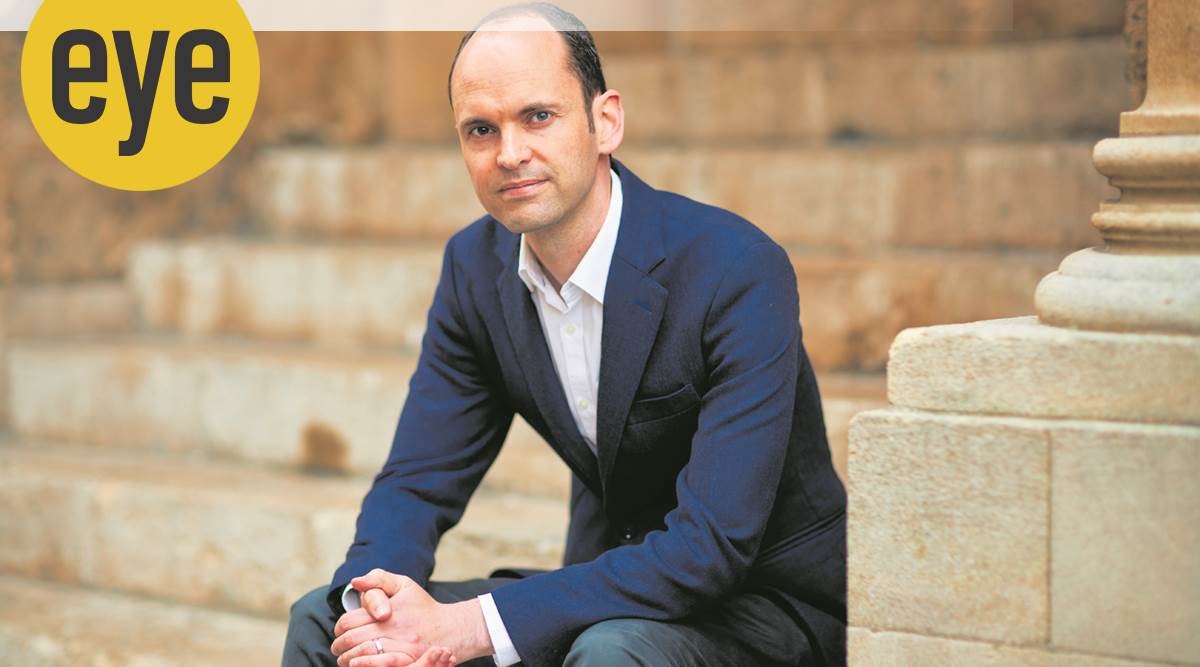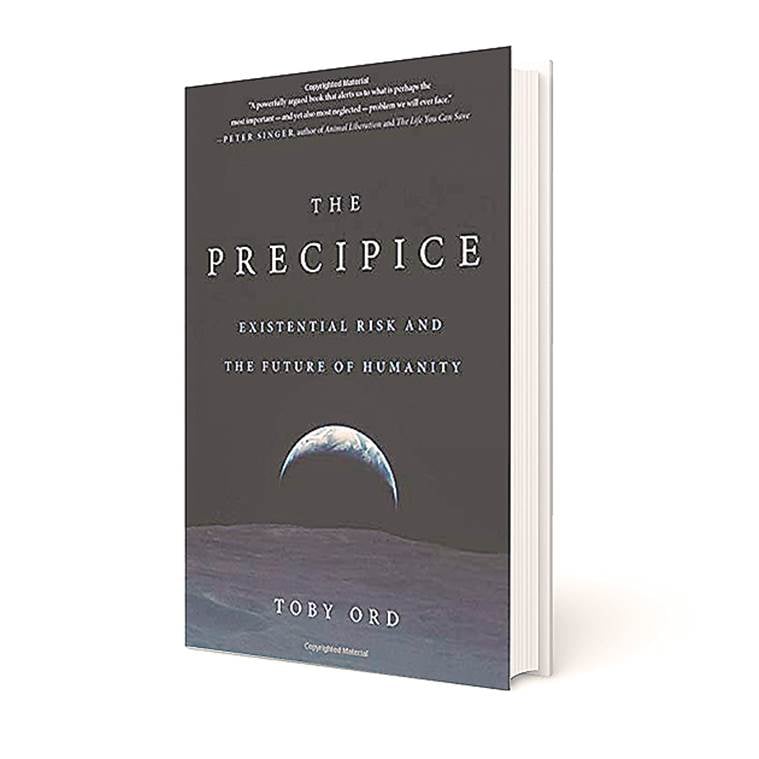 The final countdown: Philosopher Toby Ord (Photo by David Fisher)
The final countdown: Philosopher Toby Ord (Photo by David Fisher)By Raghu Karnad
Written by: Toby Ord
Publisher: Hachette
Pages: 480
Price: Rs 2,577
Since the middle of the 20th century, every person alive has shared a special distinction: of belonging to a generation which has the power to end the human race. Such power burst onto the stage of history with the atomic bomb, which was wielded twice as a weapon 75 years ago, and never again. But that phrase, “never again”, is packed with misplaced confidence; a better choice would be: “not yet”. Toby Ord, philosopher and senior fellow at the Future of Humanity Institute at Oxford University, is a scholar of the dangers implied by “not yet”. His new book, The Precipice: Existential Risk and the Future of Humanity, deals with a problem so immense it is usually invisible: our power to permanently destroy collective human potential, or even extinguish our species. He carries out rigorous calculations and reaches unexpected conclusions about the greatest threats — which will resonate with anyone living through the COVID-19 pandemic. In this interview, he speaks about the unthinkable. Excerpts:
In the lay imagination, our image of existential risk has always been nuclear holocaust. But your book makes it clear that there’s a much greater ‘existential risk’ from an engineered biological pathogen — in the range of 1/30 in the next century, as opposed to 1/1000 for nuclear war.
The greatest catastrophes over the last 200,000 years have been biological — from pandemics. In particular, the Black Death killed around one in 10 people in the entire world; between a quarter and half of all people in Europe. So, we already have examples of biological threats reaching extreme proportions. Then, we consider that people could engineer pathogens. Biological technologies were not really capable of doing that until recently, but with massive increases in their power, it seems like it’s only a matter of time.
People are either caught up in paranoid fantasies, and actually believe the coronavirus is a bioweapon. Or they want to dismiss that notion because they don’t want to encourage conspiracy theories. Can we instead see it as a kind of demonstration of what a bioweapon could do to us — and a signal that we need to take that threat more seriously?
There is no evidence that COVID-19 is a bioweapon — but it does give us a taste of the damage a modern bioweapon could cause. In addition, unless we work out a permanent way to deal with COVID-19, the risk is that samples of it will be kept and could be released again. So even if we eliminated it everywhere in the world, it could come back, wreaking at least as much economic destruction and health damage as it has so far.
 The Precipice: Existential Risk and the Future of Humanity
The Precipice: Existential Risk and the Future of Humanity
One of the apparent dangers of bio-weapons is how little we expect them. There is a huge body of strategic theory that informs states how, and, ultimately, why not, to use nuclear weapons. This doesn’t exist for biotechnology . To most people, any biowarfare scenario looks like science fiction.
One of the ideas of deterrence is that you can make it very credible that you will retaliate. It’s less clear that retaliation would work with bioweapons. To help with the science fiction aspect, it would be good if people familiarised themselves with what we know about the Soviet bioweapons programme. They developed a range of very terrible weapons, and huge supplies, and sought weapons that would have no vaccines. It was like something out of science fiction, but it really happened.
The book speaks of tons of smallpox and anthrax…
Exactly. And they were sufficiently careless that they sprayed anthrax out across a major city. There were bioweapons programmes in the UK and the US as well. It’s something that hopefully will be constrained to the history books, but only if we work hard to make sure that that’s the case.
Recent generations are distanced from the idea of a fully mobilised war affecting their countries, and the extent of destruction that war authorises — that another world war would weaponise advanced science in terrible ways.
It’s difficult for humans to really think seriously about events that haven’t happened in their lifetimes. There was an immunising effect on public policy that came from the 1918 flu and fear of this happening again. But that social immunisation wore off over time. Now we’re immunised against the next pandemic — or at least the next pandemic that is very similar to this one. There’ll be a lot of efforts to prepare for it. But that, too, will wear off in time.
The idea of a major war between Great Powers has also worn off. Fewer and fewer people remember being in the grip of such wars. It’s one thing to occasionally watch a movie about it, it’s another thing to have lived through it.
(Raghu Karnad is a journalist and writer, and a recipient of the Windham–Campbell Literature Prize for nonfiction)